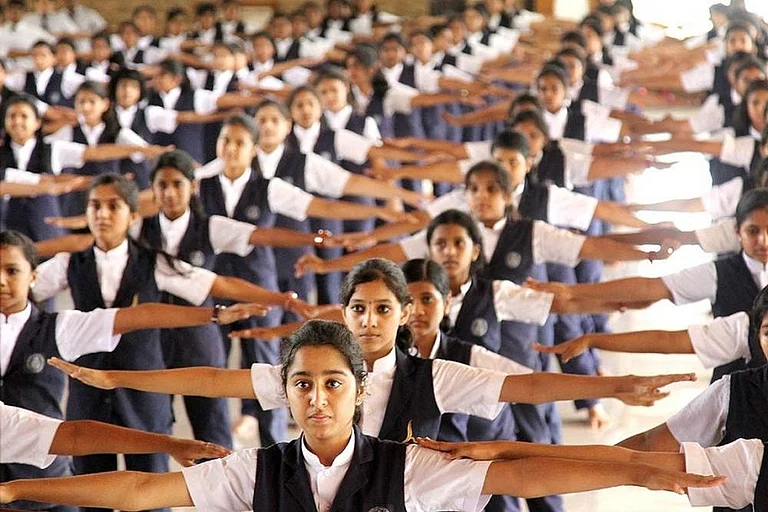When an employee with a clipboard shouted the name of the dead, a relative trundled up to the coffin to examine the body. One of the relatives told The Associated Press their loved one had been infected with Covid-19.
Deaths linked to the coronavirus are appearing in Beijing after weeks of China reporting no fatalities, even as the country is seeing a surge of cases.
That surge comes as the government last week dramatically eased some of the world's strictest Covid-19 containment measures. On Wednesday, the government said it would stop reporting asymptomatic Covid-19 cases since they've become impossible to track with mass testing no longer required.
That halt in reporting made it unclear how fast the virus is spreading. Social media posts, business closures and other anecdotal evidence suggest huge numbers of infections.
It's also unclear how many people are dying from the virus. An AP reporter who visited the Dongjiao Funeral home was told by relatives that at least two people cremated there had died after testing positive.
Health authorities had designated Dongjiao and one other funeral home to cremate those who die after testing positive, according to a relative of one of the dead. The woman said her elderly relative had fallen ill in early December, tested positive, and died Friday morning in an emergency ward.
She said there were lots of people in the emergency ward who had tested positive for Covid-19, adding that there weren't enough nurses to take care of them. The woman did not want to be identified for fear of retribution.
Over about an hour, an AP reporter saw about a dozen bodies wheeled from the Dongjiao funeral home.
About a half-dozen people inside described how another victim had struggled to breathe that morning before dying, and the death certificate listed “pneumonia” as the cause of death, even after a positive test for Covid-19, one of those people said. The people interviewed did not want to be identified for fear of retribution.
Three employees of shops in the complex that houses the funeral home said there had been a marked increase in the number of people going there in recent days. One estimated about 150 bodies were being cremated daily, up from what is normally a few dozen a day.
One employee attributed it to the coronavirus, although another said there are usually more deaths with the arrival of winter. The employees did not want to be identified for fear of retribution.
China has not reported a death from Covid-19 since Dec. 4.
China's official death toll remains low, with just 5,235 deaths - compared with 1.1 million in the United States. However, public health experts caution that such statistics can't be directly compared.
Chinese health authorities count only those who died directly from Covid-19, excluding those whose underlying conditions were worsened by the virus. In many other countries, guidelines stipulate that any death where the coronavirus is a factor or contributor is counted as a Covid-19-related death.
Experts say this has been the longstanding practice in China, but questions have been raised at times about whether officials have sought to minimise the figures.
Also on Friday, China's Cabinet ordered rural areas to prepare for the return of migrant workers this holiday season in hopes of preventing a big surge in Covid-19 cases in communities with limited medical resources.
Returnees must wear masks and avoid contact with elderly people, and village committees must monitor their movements, the guidelines said, but didn't mention the possibility of isolation or quarantines.
There are fears of a surge in cases around China's winter holidays, when tens of millions take to trains, buses and planes for what may be their only trip home all year.
The upcoming Lunar New Year falls on Jan. 22, but migrants generally begin heading home two weeks or more in advance. Some Chinese universities say they will allow students to finish the semester from home to help spread out the travel rush and reduce the potential for a bigger outbreak.


























